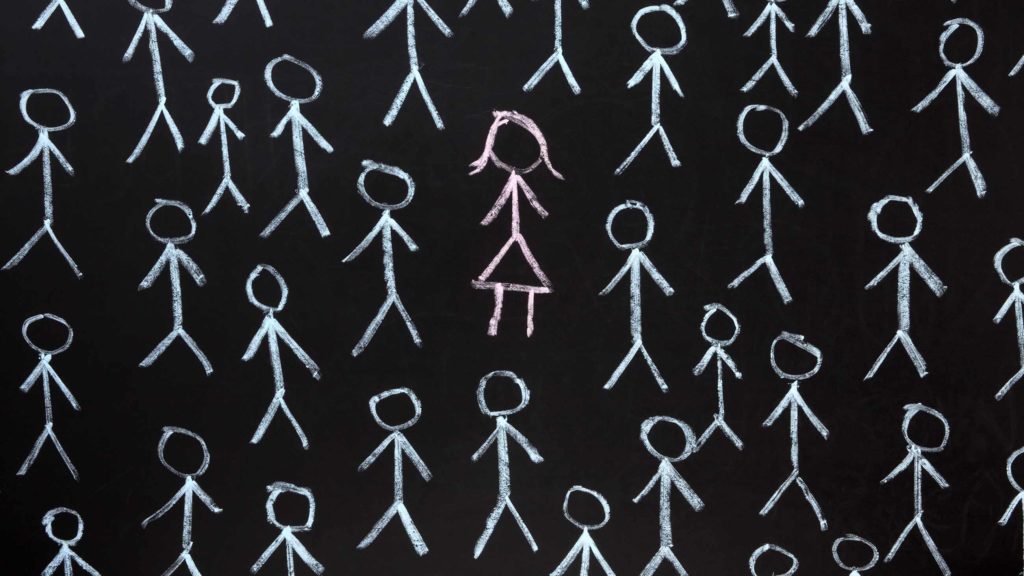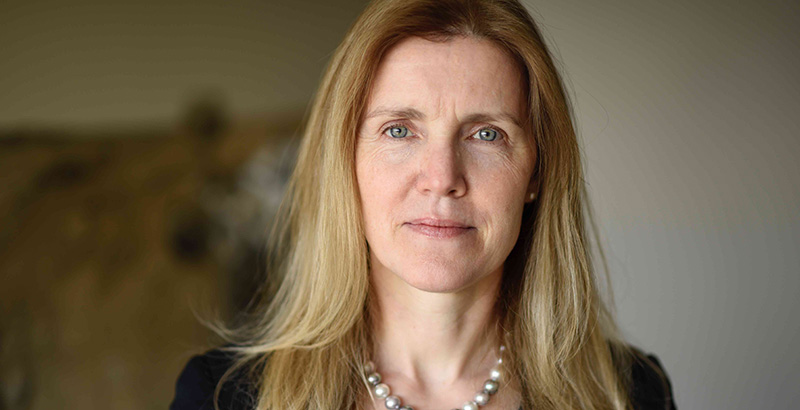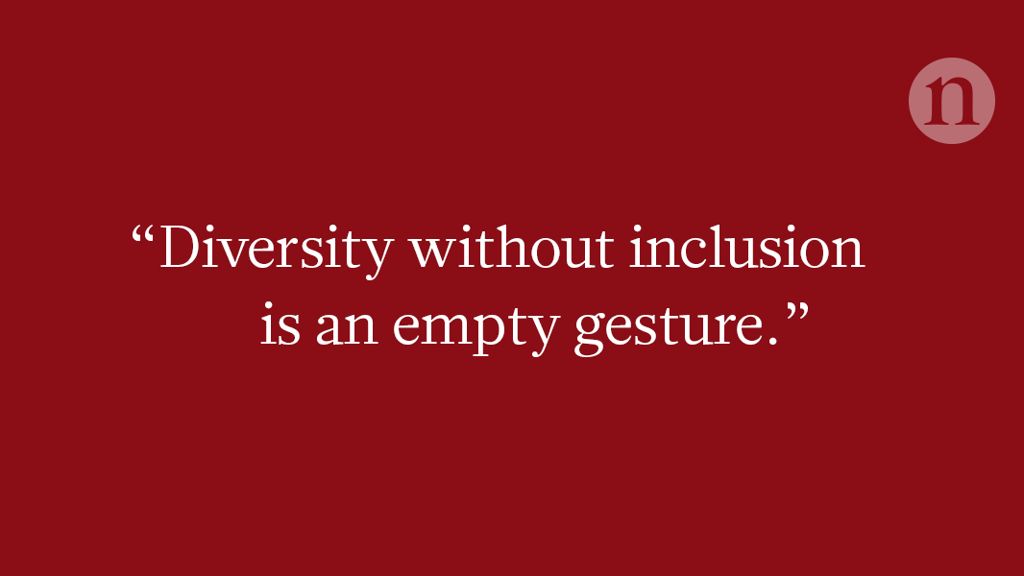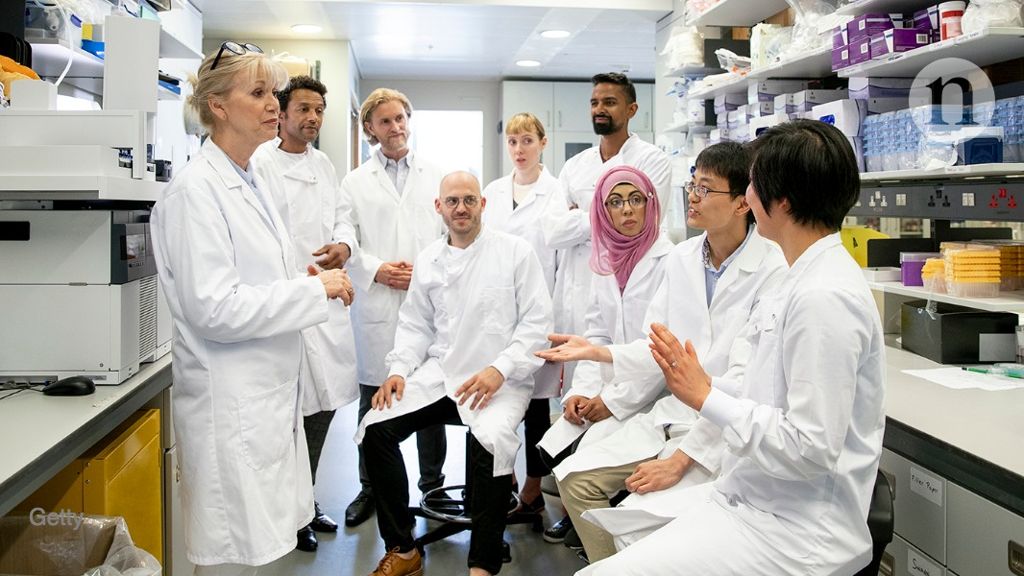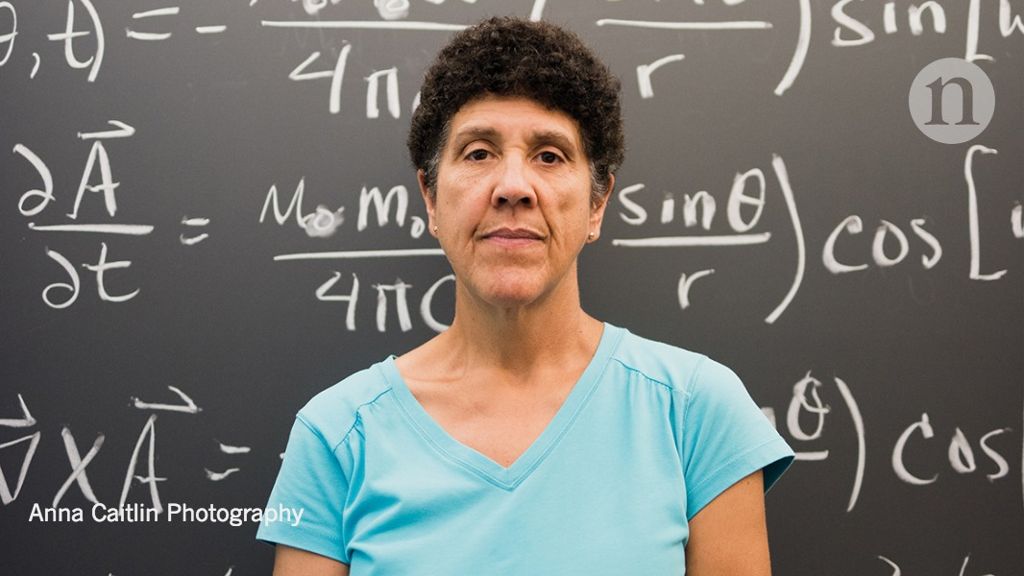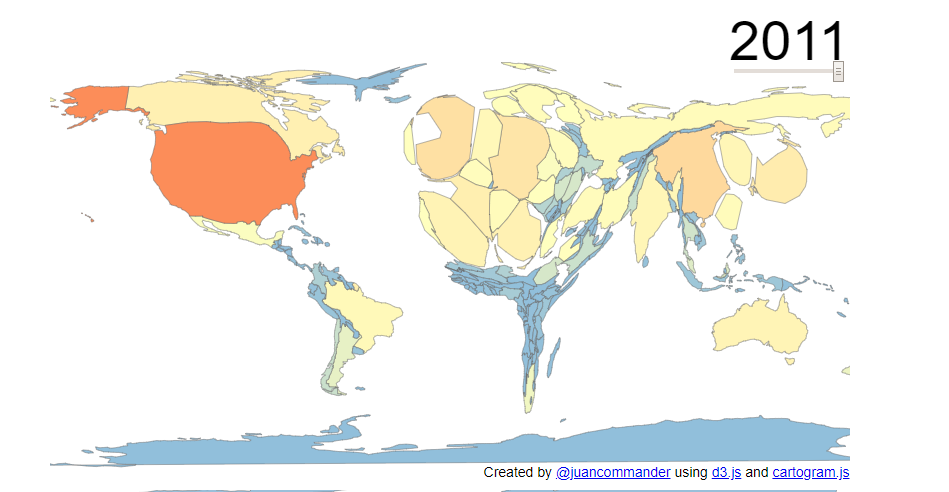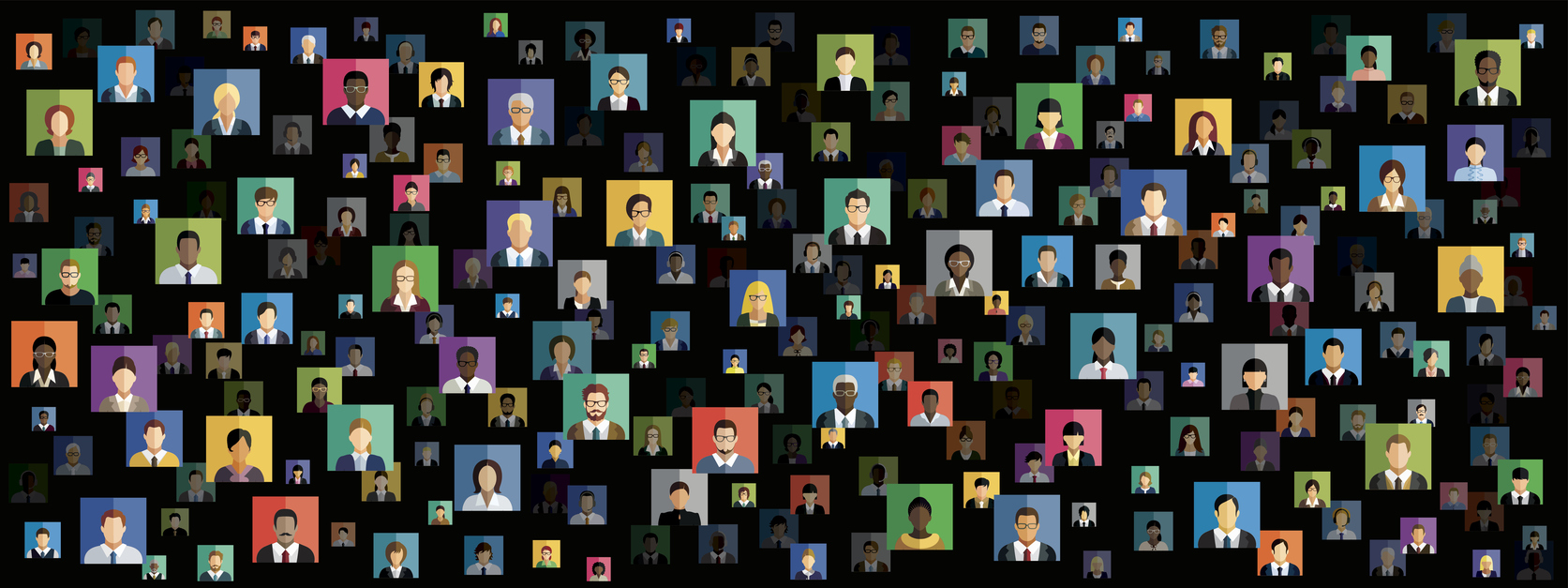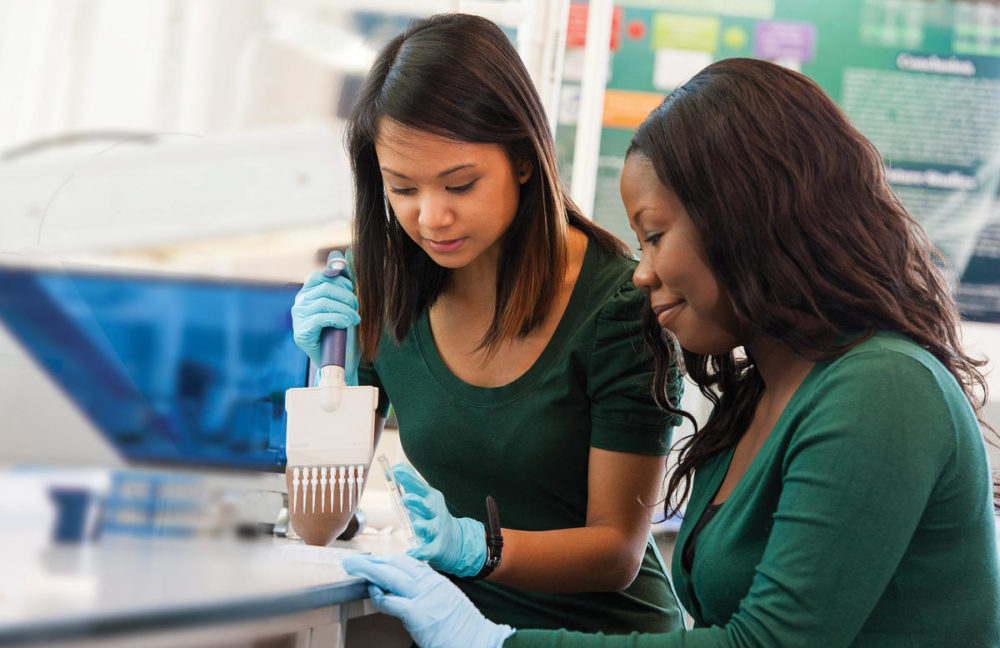In October 2018, former Catalyst Grant winner 'Ada Lovelace Day' (ALD) celebrated its tenth year of showcasing the achievements of overlooked women in science, technology, engineering and maths (STEM). Championing for greater diversity in STEM, and changing the culture and demographics of research, is a year-round effort, and one that ALD supports. We wanted to help extend the celebration of women in science throughout the year, but also use the tools we have available to us to scientifically analyse the state of gender imbalance in research, and evaluate whether these are changing over time.
